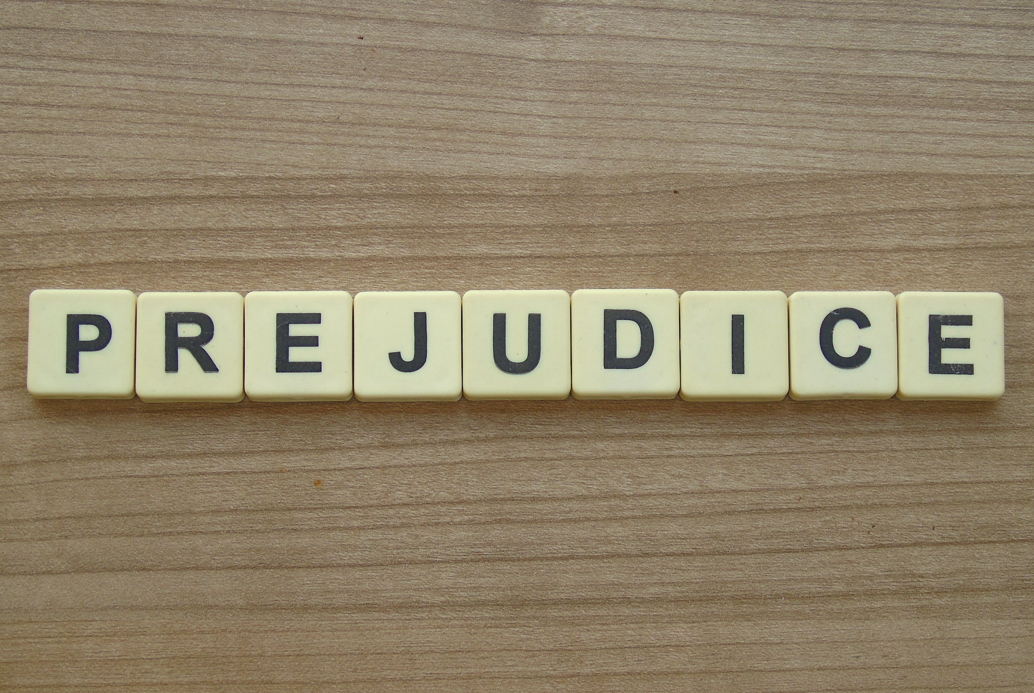There is a general sentiment against plastic materials, but is it rational, and is it justified? Most important, is it helping the environment?
How can we know whether the reasons we claim to be against plastics represent our real motives, driven by evidence or an irrational dislike of this new, synthetic material based on emotions? Here are some questions designed to differentiate between the two.
Are you against plastics because we are “drowning in them”?
Plastics actually make up less than 1% of materials we use. Are you still against plastics or more concerned with the other >99% of materials?
A1. I am more concerned about the >99% now = you are genuinely concerned about the environment
A2. I am still mostly focused on the proportionately small impact of plastic = you are prejudiced against plastics

Are you against plastics because they harm the environment?
Lifecycle studies on bags (28 of them), pipes (13), drink containers (5), straws (2) found that plastic is almost always the least harmful choice. Alternative materials create 3-4x more waste, greenhouse gas, water use, fossil fuel use, and overall harm.
A1. I now realize that although all materials cause impact, we should choose whichever materials causes least harm = you genuinely care about the environment and our future
A2. I am still in favour of replacing plastic with more harmful alternatives such as paper, metal, and glass = you are prejudiced against plastics
Are you against plastics because you are worried about ingesting microplastics?
Plastic dust is 0.001% of all dust we ingest, so we ingest 99,999 other particles for every plastic particle. The plastic particles have been tested and found to be at safe levels, whereas some of the other dust is toxic and causes cancer and other diseases.
A1. I am now more concerned about the other 99,999 particles = you care about human health and the environment
A2. I am still more worried about the plastic particles = you are prejudiced against plastic

Humans have a long history of illogical prejudice regarding gender and race. There is something about the human condition that sees far too many of us demonize innocent victims.
What is unfair prejudice?
“Unfair prejudice means an undue tendency to suggest decision on an improper basis, commonly, though not necessarily, an emotional one. ‘Unfair prejudice’ may also arise from evidence or testimony that may be persuasive because of its strongly misleading or confusing nature.” (Source: lawinsider.com)
Non-government organizations (NGOs) have cleverly exploited that flaw in human nature by fanning the flames with misinformation designed to make us angry enough to open our wallets and donate to them. According to Dr. Patrick Moore, the former president of Greenpeace Canada, they and other so-called “environmental groups” abandoned the environment long ago in favour of telling lies for donations.
“The environmental movement abandoned science and logic somewhere in the mid-1980s, just as mainstream society was adopting all the more reasonable items on the environmental agenda,“ Moore said. (Dr. Truth, AgBioWorld)
What makes it so easy to amplify our prejudice against plastics? We tend to be prejudiced against people or things that are new to us or that we do not fully understand. When we think about other materials such as stone, glass, concrete, metals, and paper, they have been with us for thousands of years. Plastic has only been around for several decades, so it is still viewed with suspicion by the general public, even though scientists have studied it in tremendous detail and know all about it.
“Neophobia – the fear of anything new, especially a persistent and abnormal fear.”
So far, we have only mentioned a few of the more common attacks on plastic materials. What about the rest? I conducted a comprehensive fact-check comparing what NGOs tell us to what science says. That meant reading over 3,000 peer-reviewed studies and lifecycle analyses. Here is a summary of the findings:

According to decades of scientific studies, the NGOs have misled us at every turn. So, we have a choice; we can keep demonizing plastic, which arguably leads to 3-4x more harm in terms of material use, waste generation, CO2 emissions, fossil-fuel use, and overall harm – or we can start making wise choices based on evidence and logic. Do you want to continue to be manipulated into increasing damage to the environment, or are you ready to start working toward a brighter future?
You have all heard of greenwashing, but let’s now start fighting back against “green fleecing” whereby greedy NGOs “fleece” us, i.e. trick us into donating through exaggeration and outright lies.

Want to learn more? You can see more at this web page – Plastics & the Environment – Fact Over Fiction – which includes a summary and short video, and you can download The Plastics Paradox book for free in various languages at the bottom of the page.
Sources:
GREENPEACE wants a piece of your green: An independent report by Dr. Michael Connolly, Dr. Ronan Connolly, Dr. Willie Soon, Dr. Patrick Moore and Dr. Imelda Connolly, December 2018
(Chris DeArmitt – BIG Media Ltd., 2023)



Great column. Very helpful in putting the issue into perspective. Thanks.
Wonderful article! I want to hand this out to every cashier I see at the grocery store. It would replace the non-specific rant they currently get every time they offer me a paper bag. You know times are tough when you go to Florida for a week and return home with “contraband” plastic grocery store bags stuffed into your carry on. Welcome to Canada! Thanks for the piece, Chris!